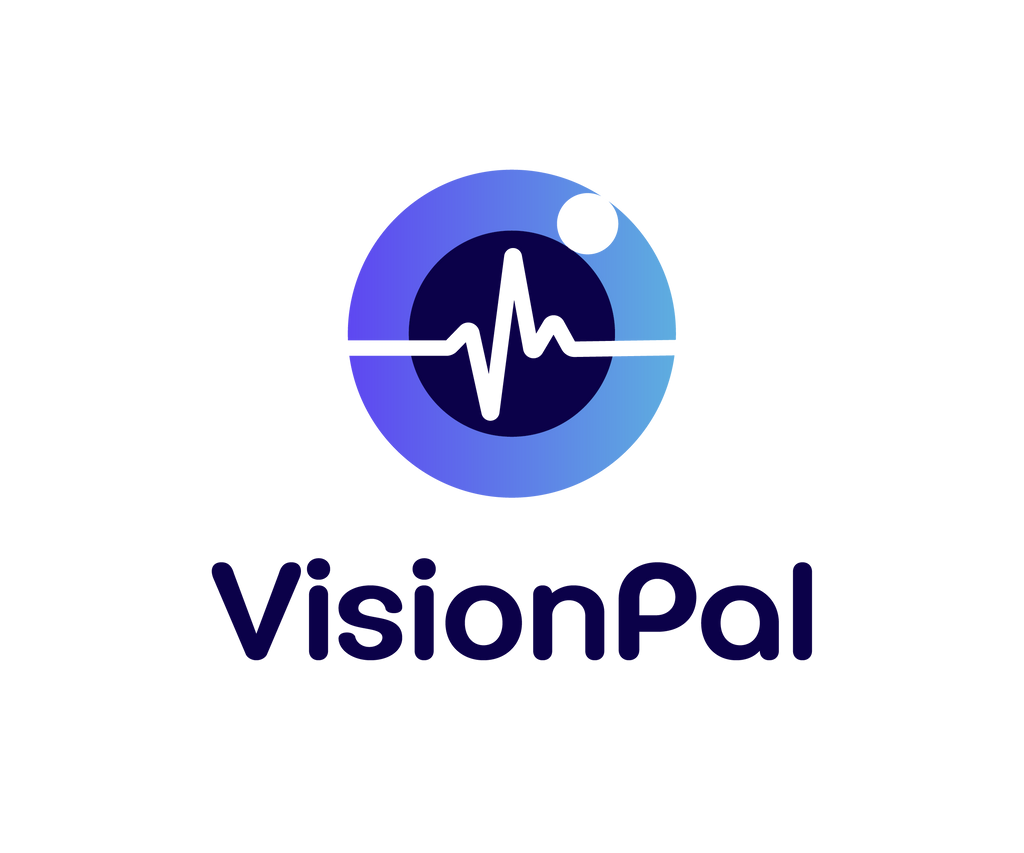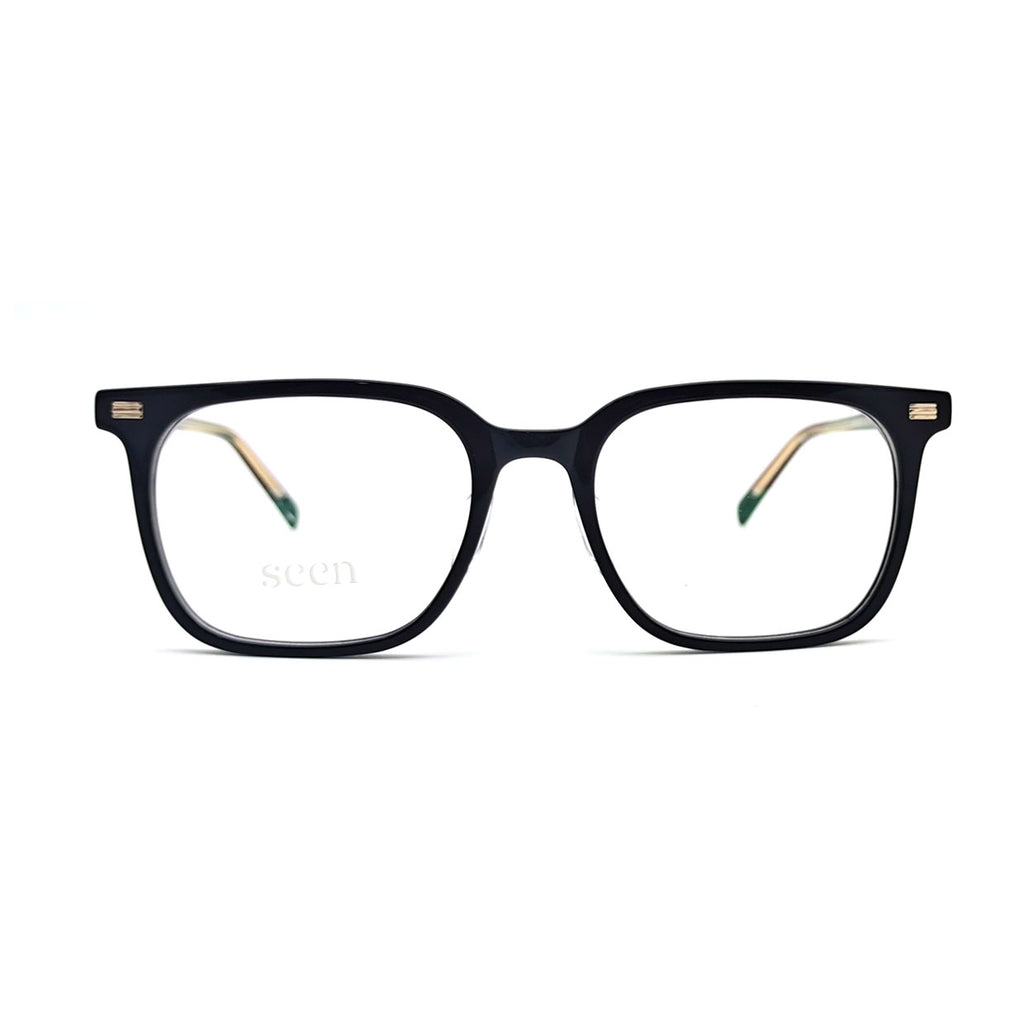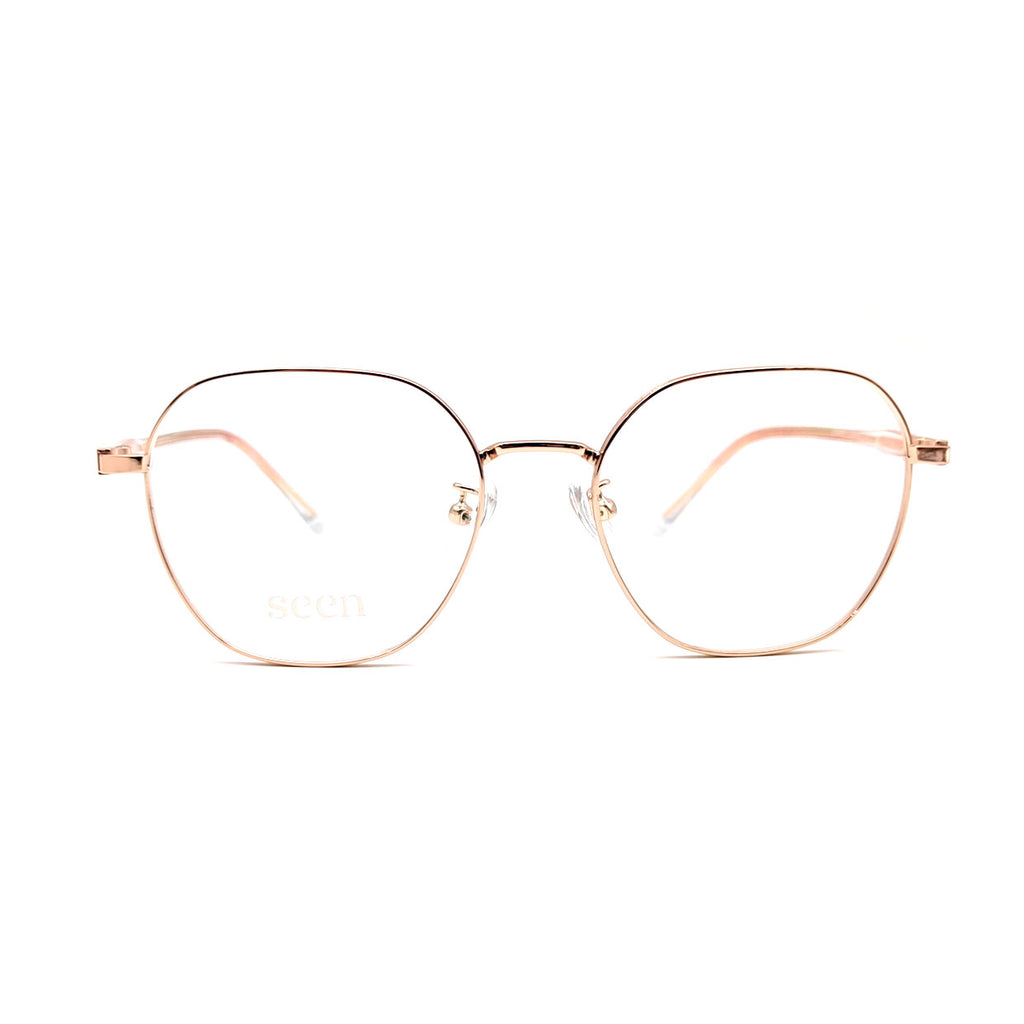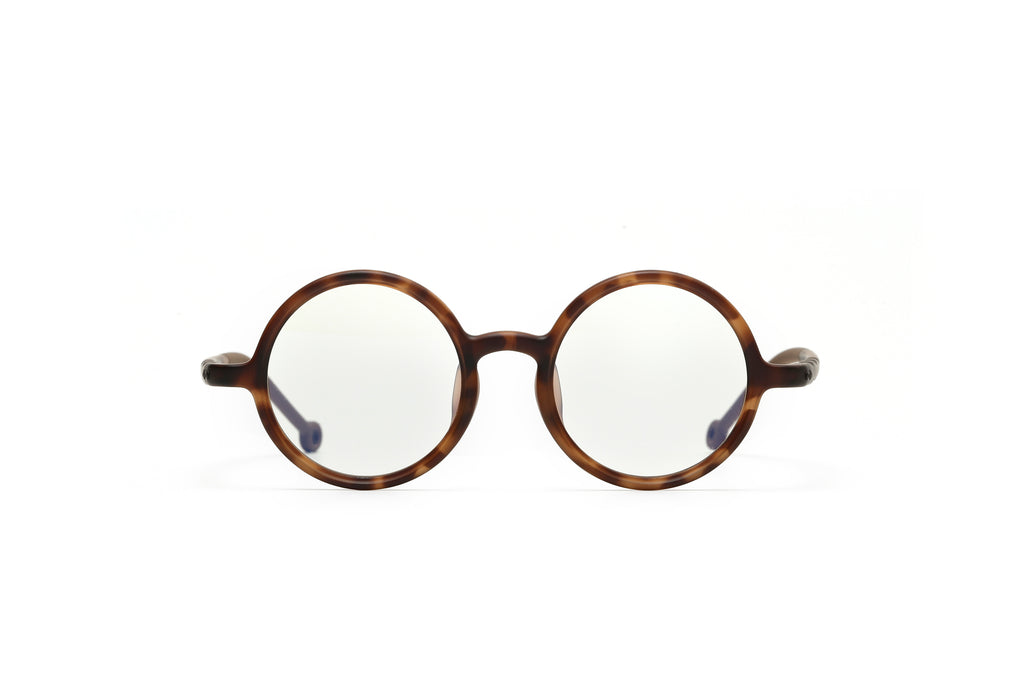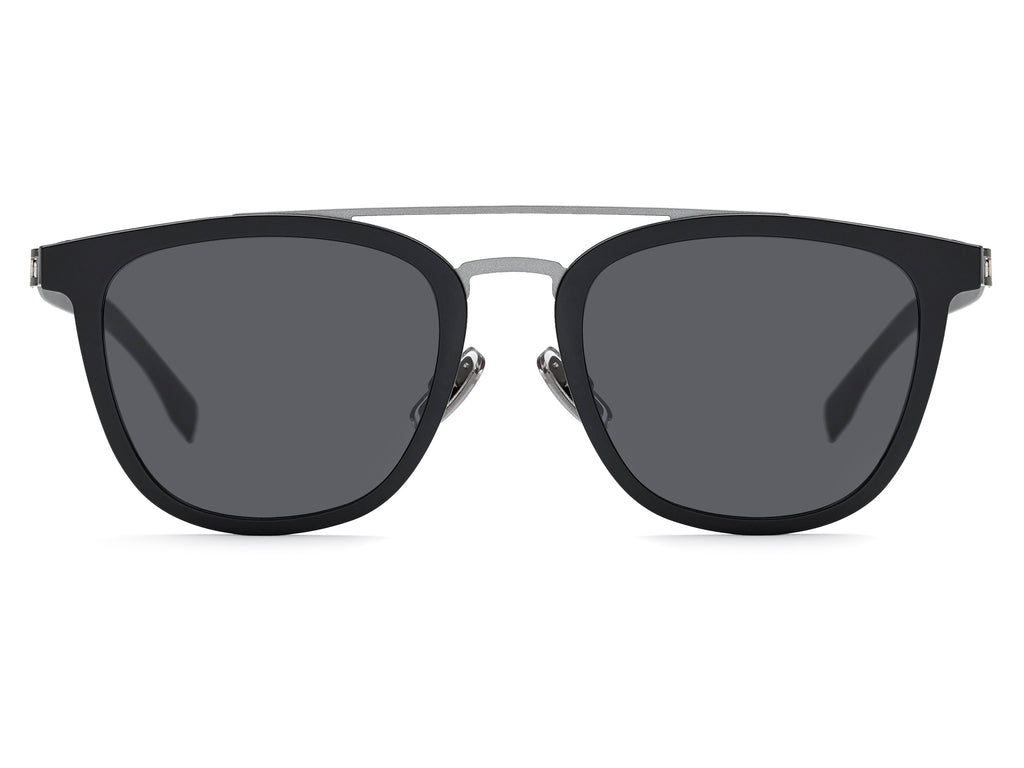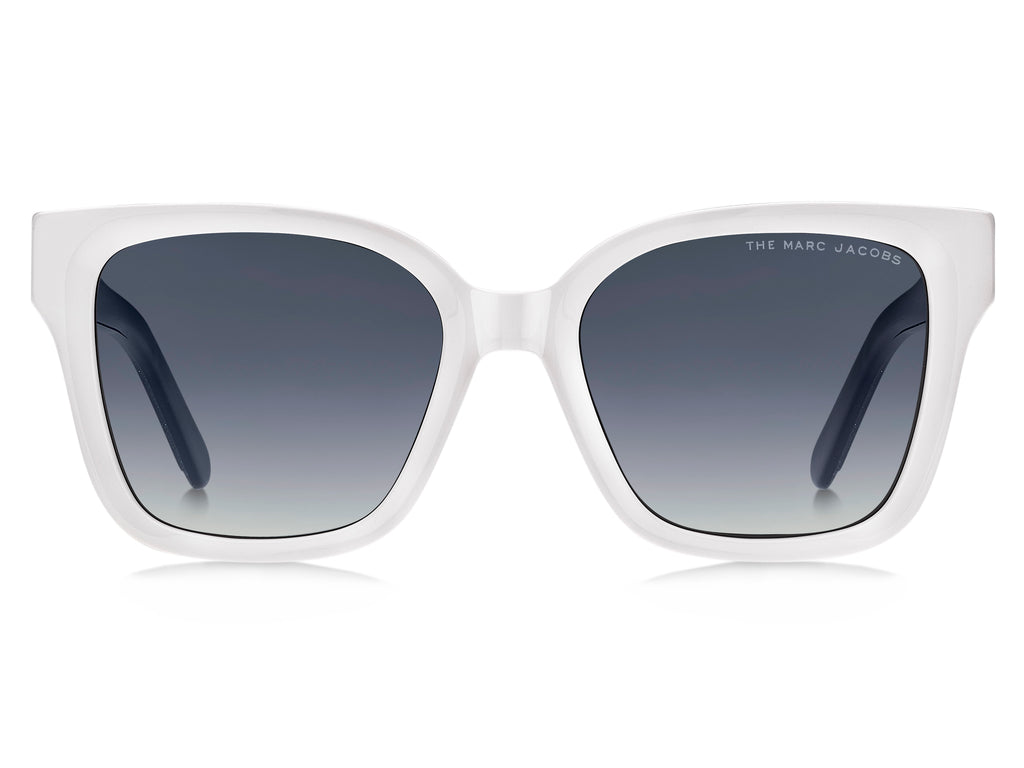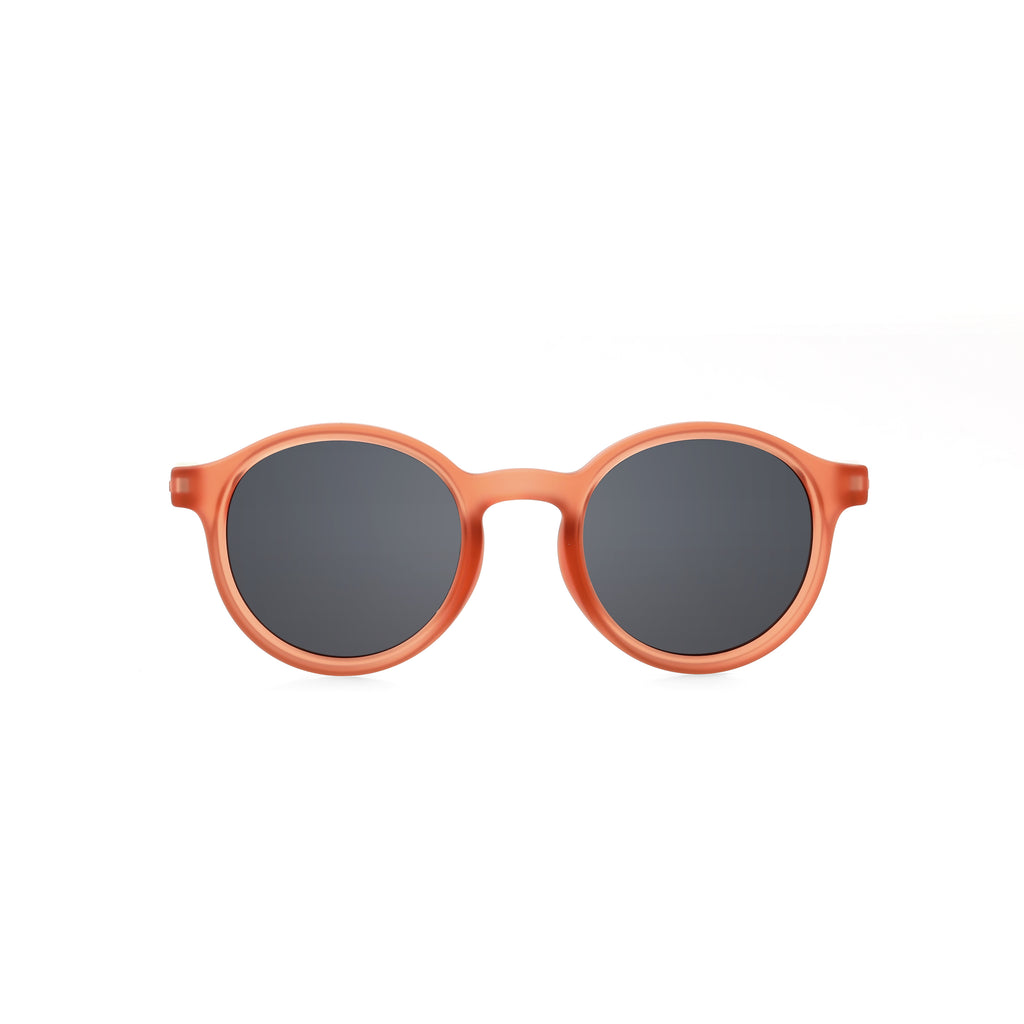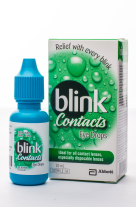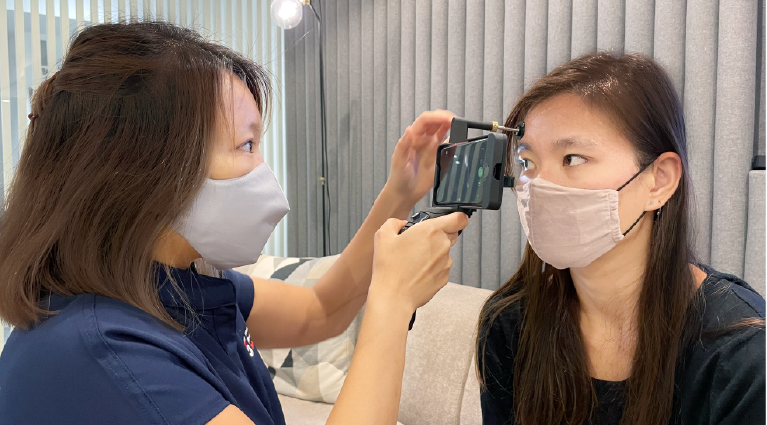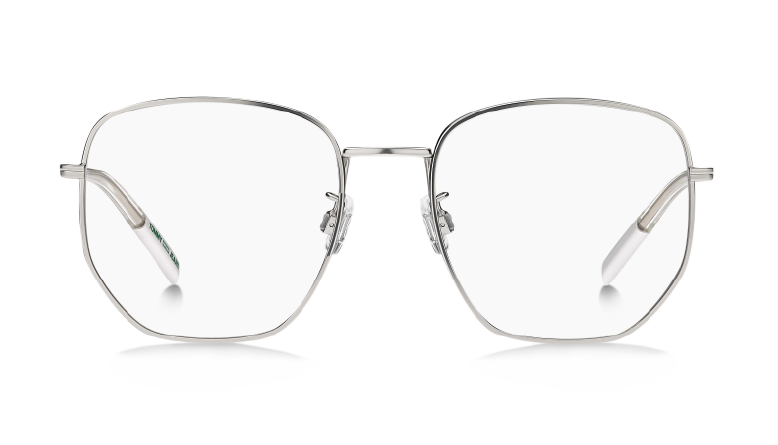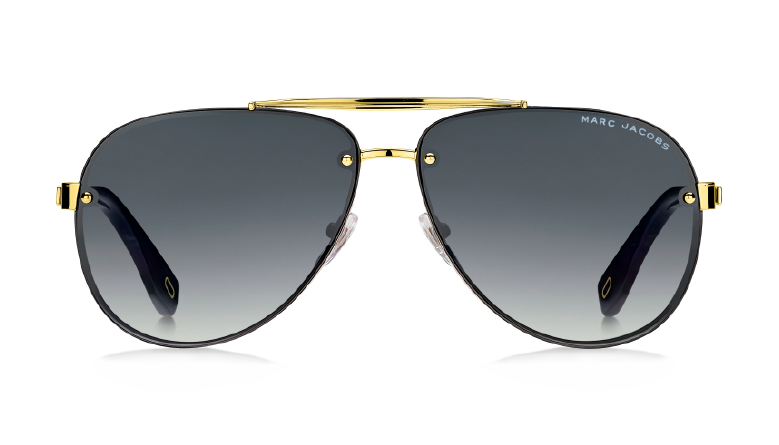
Eye Floaters: What are they and why should we be concerned?
Have you ever noticed small specks or shapes drifting across your field of vision? If so, you may be experiencing what are commonly known as floaters in the eye. While floaters are usually harmless, they can be a cause for concern if they significantly affect your vision or are accompanied by other symptoms. In this article, we will delve into the causes, symptoms, and when you should be concerned about eye floaters.
What are eye floaters?
Floaters are tiny specks, spots, or cobweb-like shapes that seem to float across your visual field. Floaters can vary in shape, size, and density, and they tend to move as your eyes move. They are more visible against bright backgrounds, such as a white wall or a clear sky. Floaters are actually shadows cast on the retina by small clumps of protein or other gel-like substance called vitreous humor, which fills the inside of the eye.
Causes and Risk factors
Natural aging is the most common cause of floaters. As we grow older, the vitreous humor starts to shrink and become more liquid, and it can develop tiny, solid particles that float within it, causing floaters. Other factors that can contribute to floaters include eye injuries, inflammation in the eye, retinal tears or detachments, and certain medical conditions like diabetes or nearsightedness.
The most common cause of eye floaters is age-related changes in the gel-like substance called the vitreous humor that fills the inside of the eye. As we get older, the vitreous humor becomes more liquid.
Other factors that can contribute to floaters include :
-
eye injuries
-
eye inflammation or infections
-
retinal tears or detachments
-
certain medical conditions like diabetes or nearsightedness.
When to be concerned:
Floaters do not usually require treatment and are usually harmless.However, there are certain instances when floaters may indicate a more serious condition, and you should seek immediate medical attention if you experience any of the following:
-
A sudden increase in the number of floaters.
-
Flashes of light in your peripheral vision.
-
Loss of peripheral or side vision.
-
A curtain-like shadow over your visual field.
-
Eye pain, redness, or swelling.
These symptoms may be signs of a retinal tear or detachment, which requires prompt medical intervention to prevent vision loss.
Prevention and management:
While it may not be possible to completely prevent floaters entirely, there are some ways you can reduce their occurrence or severity:
-
Wear protective eyewear during activities that may cause injury to the eyes.
-
Be healthy by exercising regularly and eating a balanced diet, as well as avoiding smoking.
-
Regular eye exams are crucial for monitoring eye health and detecting problems early.
Conclusion
Eye floaters are a common occurrence, especially as we age. While they are usually harmless, it is important to be aware of any changes in your vision or accompanying symptoms that may indicate a more serious condition. If you have concerns about eye floaters or notice sudden changes in your vision, it’s best to consult with an eye care professional for a thorough examination and appropriate guidance.
With Vision Pal, we have highly skilled mobile optometrists that can provide comprehensive eye examinations at your preferred location! In addition, you can find your prescription glasses, contact lenses, and lens solution through the mobile eye clinic.
You can learn more about contact lenses through our telehealth services.
If you are interested in booking your tele-optometry consultation, we are offering complimentary tele-optometry services for the first 20 bookings with our promo code: [ONECALLAWAY]
In same category
Screen Time and Your Family’s Eye Health: Finding the Right Balance
In today’s digital age, screens are a big part of our daily lives. From work to entertainment and education, screens have become indispensable. However, as...
What is Arcus Senilis also know as Cholesterol Rings ? : A Sign of Aging Eyes
From Metal to Wood: Finding the right pair of glasses
Discover the World of Eyewear Materials: The seemingly simple choice of eyewear frames goes beyond mere aesthetics, profoundly influencing our daily lives in terms of...

